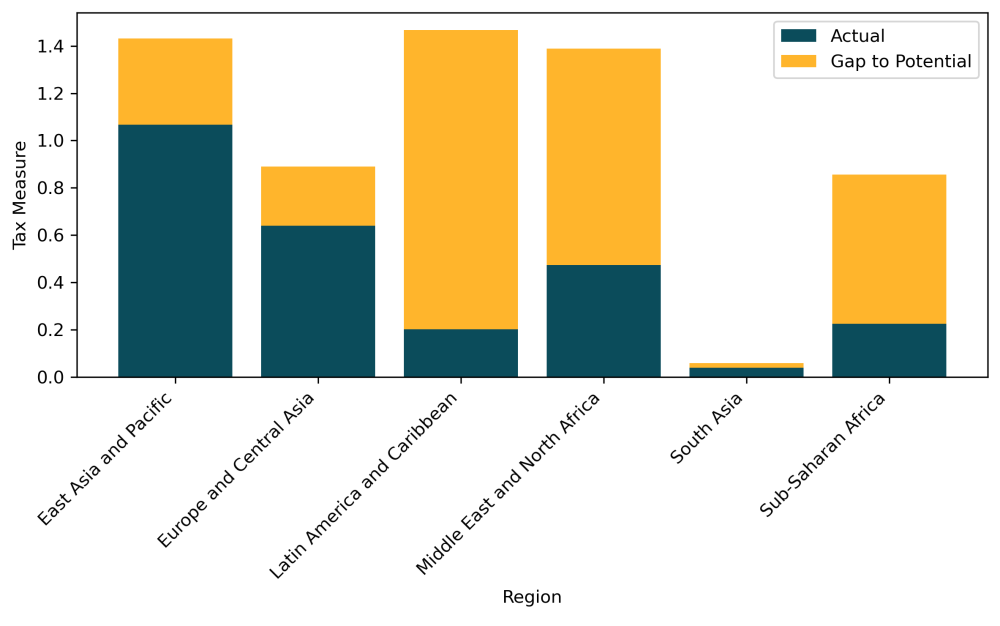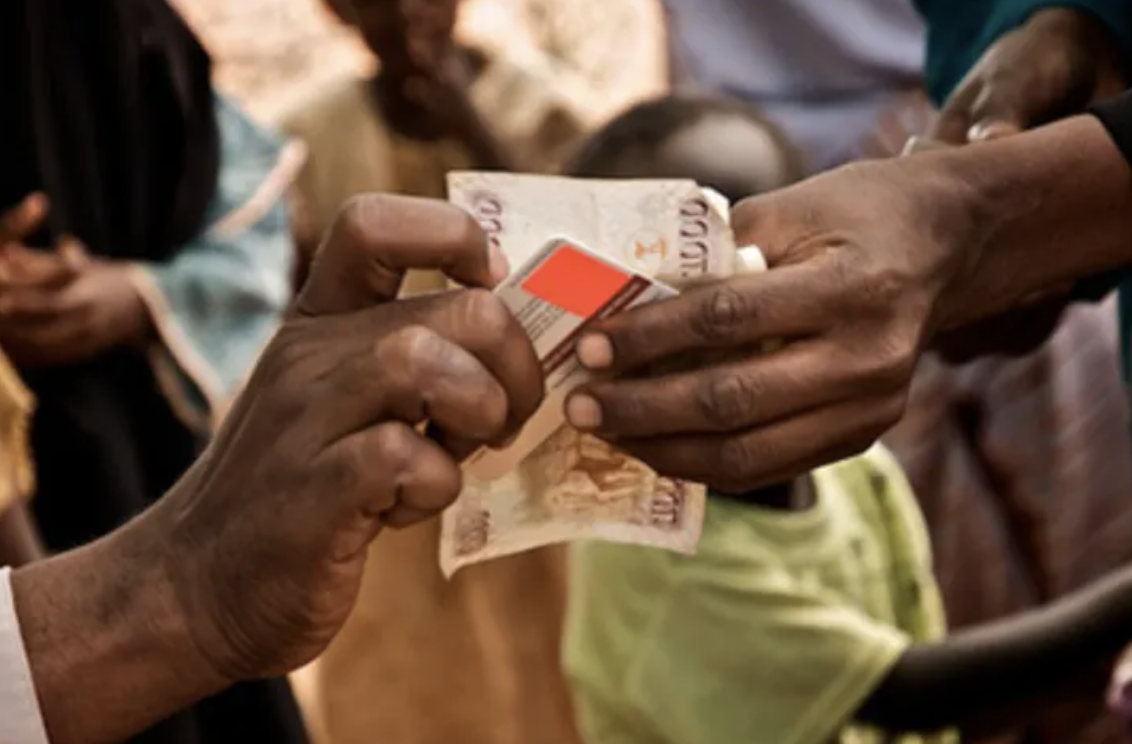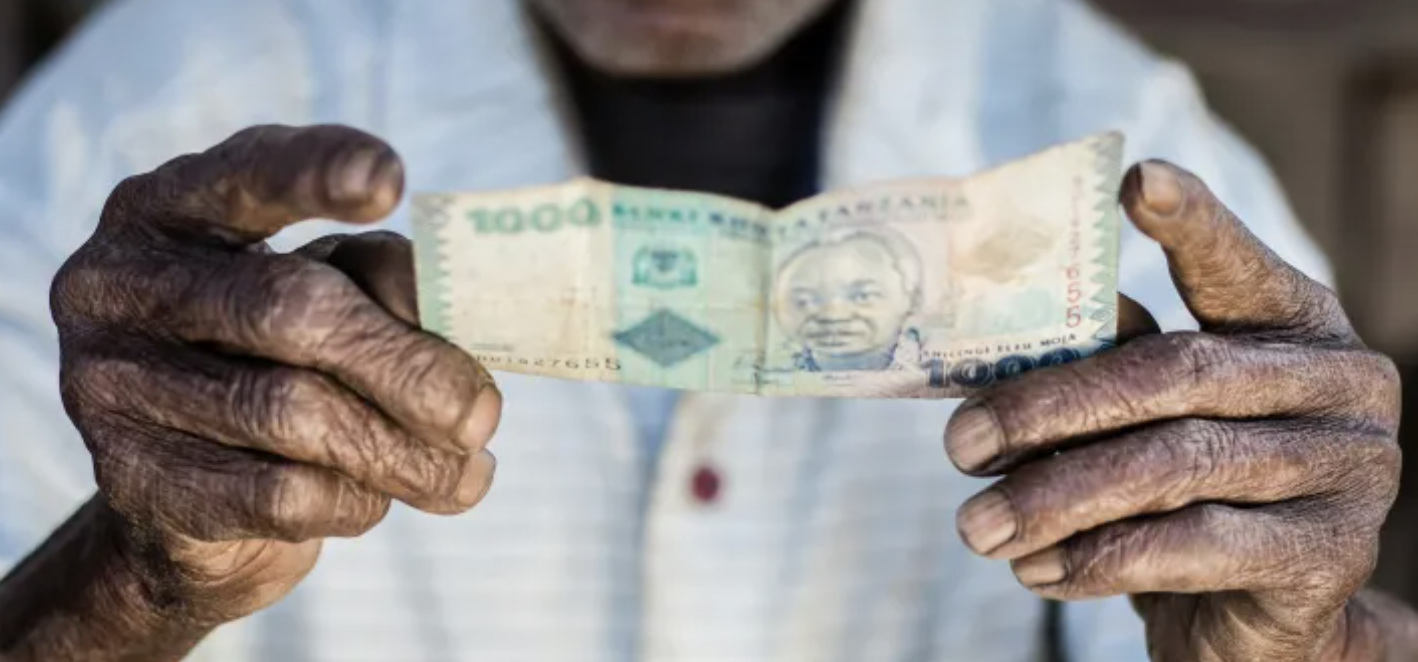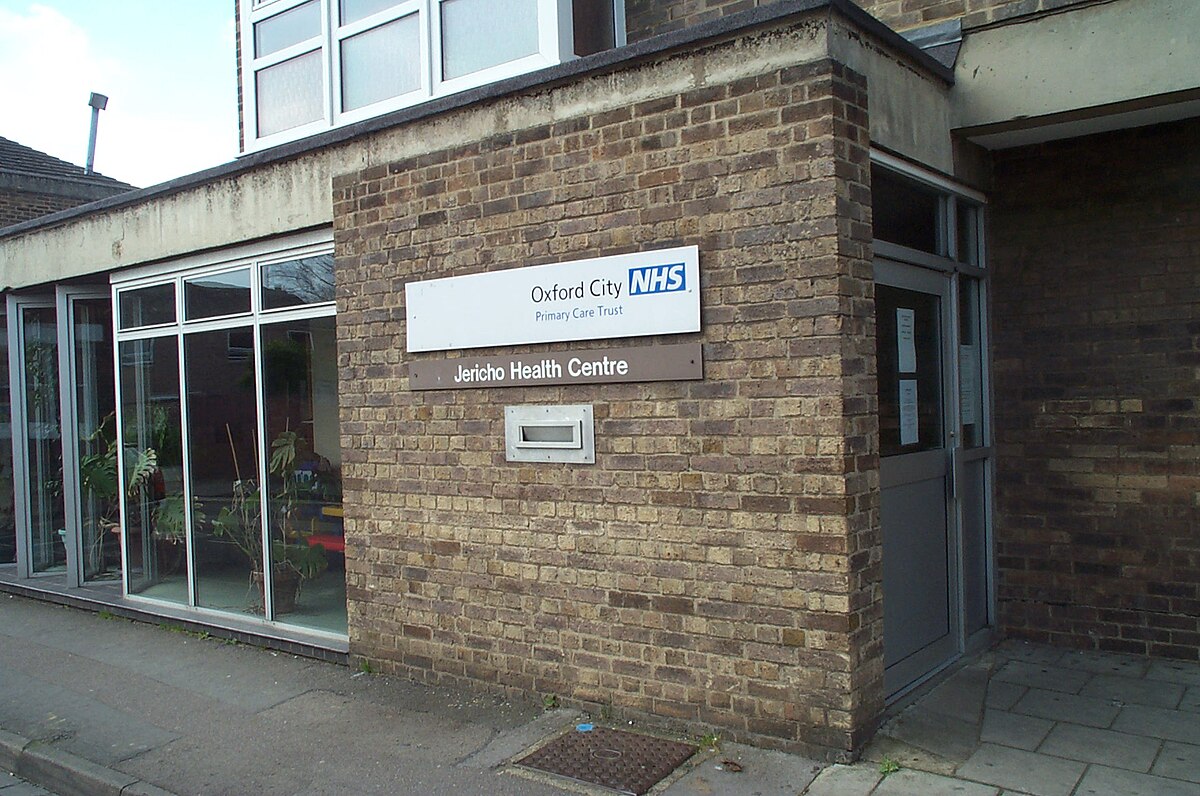Chronic conditions, both noncommunicable and infectious, are driving a surge in premature morbidity and mortality, particularly in low- and middle-income countries (LMICs). Ensuring high-quality care for individuals living with these conditions is critical for health...
The socioeconomic and health system determinants of financial protection indicators: a global systematic review (2008–2023)
Financial protection is a cornerstone of Universal Health Coverage, yet millions of households worldwide continue to face catastrophic or impoverishing health expenditures. Understanding who is most vulnerable is essential for designing equitable policies and...
No shortcuts to universal health coverage: lessons from accountability initiatives
Universal health coverage (UHC) has long been a global health priority, reaffirmed in multiple international commitments since 2015. Yet despite political momentum, progress has stalled, with 4.5 billion people still lacking access to essential health services and...

Health taxes offer revenue potential and health gains, CGDev blog explains
Sanjeev Gupta and Joao Jalles highlight how health taxes can save lives, curb harmful consumption, and unlock vast untapped revenues for stronger, fairer health systemsA Center for Global Development blog by Sanjeev Gupta and Joao Jalles explores how health taxes can...
Social protection and forced displacement. Lessons learned from a decade of ILO operations
Published by the International Labour Organization (ILO), the brief (authors: Clara Van Panhuys, Lou Tessier, and Lucrezia Roero di Monticello) examines how social protection systems can support the health and well-being of refugees and forcibly displaced populations...
Prices and affordability of essential medicines in 72 low-, middle-, and high-income markets
Access to essential medicines, as defined by the World Health Organization, is a cornerstone of universal health coverage. Yet, many people worldwide face high out-of-pocket costs or limited availability, particularly in low- and middle-income countries. Understanding...

South Africa’s G20 Presidency Prioritizes UHC, PHC, and Civil Society Engagement
South Africa’s G20 presidency prioritises Universal Health Coverage and civil society engagement, highlighting financing, primary health care, and multilateral collaboration amid global health funding challenges.The G20 presidency is placing Universal Health Coverage...

Tobacco tax in EU budget: What if Europe goes smoke-free?
The EU plans a 15% levy on member states’ tobacco tax revenues, channeling €11.2B a year into its budget. Dramatic new tax hikes aim to curb smoking and expand funds, with measures factoring in declining tobacco use and anticipated cuts to healthcare costs.The...

The impact of conditional cash transfers: The Lancet Public Health July 2025 issue
A new Lancet Public Health editorial highlights the wide-reaching impact of conditional cash transfers on health, equity, and economic resilience—especially in times of fiscal strain.In its July 2025 issue, The Lancet Public Health spotlights the transformative role...

Imagining health financing as a shared public-private investment
A new report urges G20 leaders to redefine health financing as a coordinated, strategic investment, leveraging both public and private sectors to build resilient, equitable health systems for all.At the Fourth International Conference on Financing for Development...

Sustainable sanitation finance to achieve health for all
A shift toward local currency financing is helping underserved sanitation sectors access capital, manage risk, and scale impact. Nigeria offers a compelling case, but the model has global potential.As development finance adapts to new global challenges, a growing...
Integration of refugees into national health systems: Enhancing equity and strengthening sustainable health services for all
In their open-access article published in Conflict and Health, Fadi El-Jardali, Sara Bennett, and Paul Spiegel examine how low- and middle-income countries (LMICs) can integrate refugees into national health systems as part of efforts to achieve universal health...

Stronger health financing is key to equitable and resilient healthcare systems
Strengthening public health financing is essential to reduce inequalities and build effective, equity-driven primary health care systems, says Dr. Eddy Pérez-Then in a new analysis.Adequate financing is a critical factor in determining the effectiveness and equity of...
The health taxonomy: The need for a common investment toolkit
The Health Taxonomy Report: The Need for a Common Investment Toolkit, published by The G20 & G7 Health and Development Partnership and its collaborators, marks a significant step in advancing health financing. Building on the momentum of the 2025 World Health...
Healthcare managers’ perspectives on direct health facility financing in Tanzania
Health financing reforms are crucial for improving efficiency, transparency, and service delivery in low- and middle-income countries, where health systems often operate under tight resource constraints. In Tanzania, the Direct Health Facility Financing (DHFF)...
